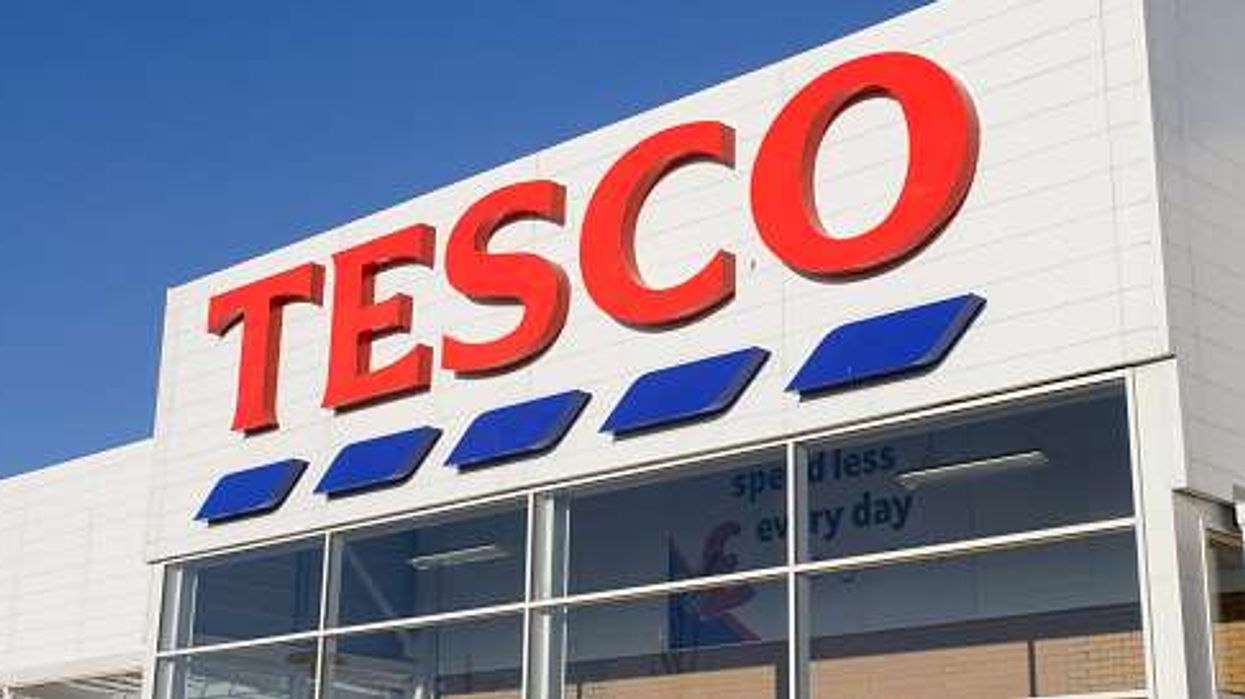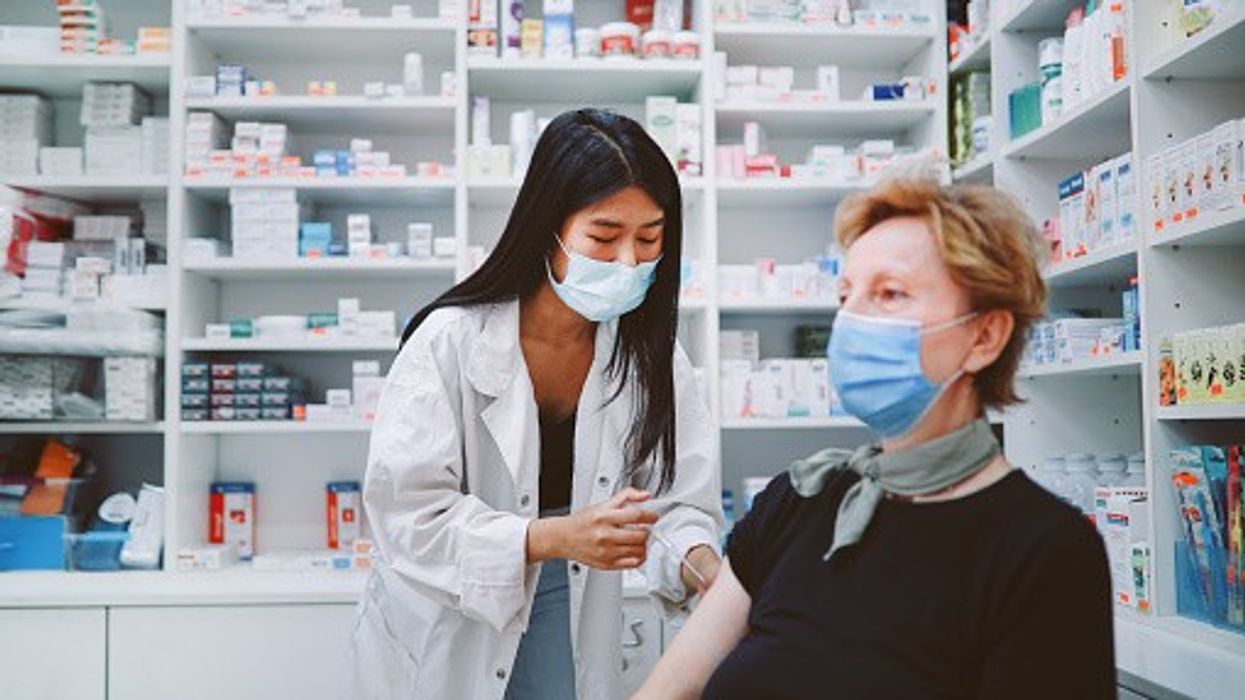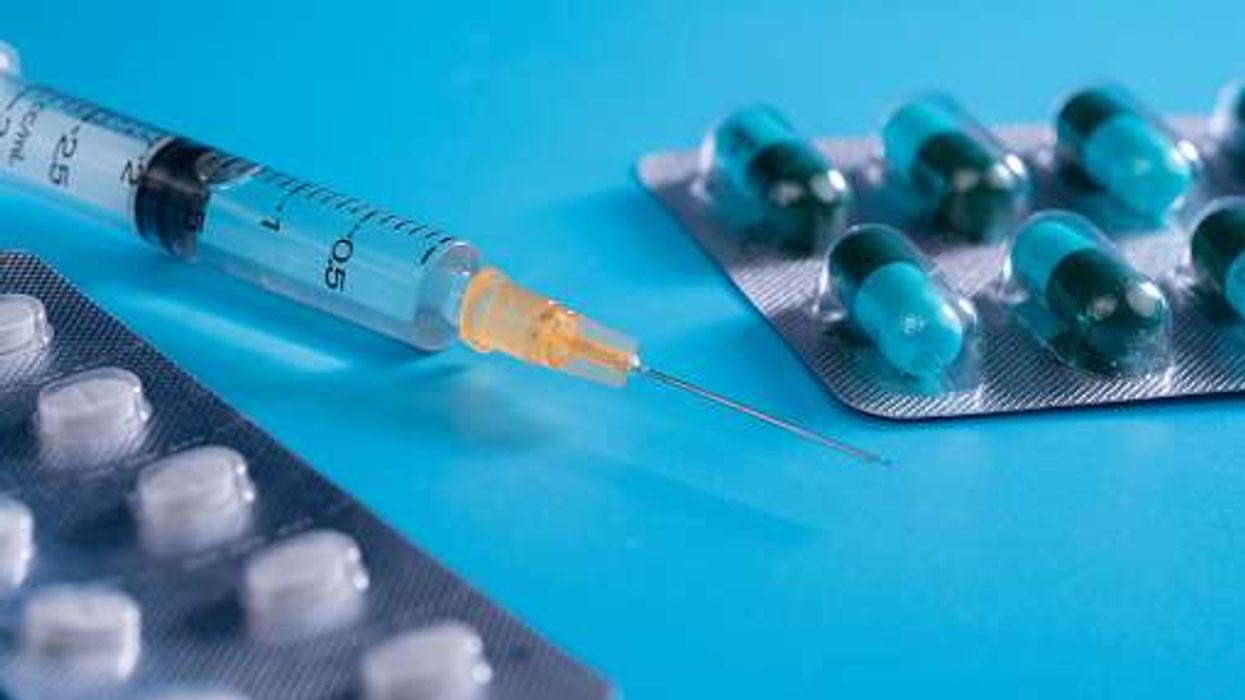While a tenth of Brits have started smoking or re-started smoking because of the pandemic, a fifth of quitters rely on their local pharmacists for advice, a new research has shown.
The revelation comes after a recent University College London (UCL) study showed an increase in quitting rates.
The latest data gathered by a mobile app suggests the UCL study is “just one side of the story”.
Behavioural scientist and founder of the Smoke Free app, Dr David Crane, explains: “There is good evidence that Covid-19 is motivating some people to quit, but the data we’ve gathered indicates that it’s having the opposite effect on others. For them, Covid-19 has actually increased their desire to smoke.”
He thinks although it "might seem counterintuitive at first" people want to start smoking now because it's "a very unsettling and upsetting time for many".
"For smokers, that’s smoking. We, and I say this as an ex-smoker, think smoking makes us feel better. It doesn’t really of course, in fact people usually say they’re happier after they’ve quit. But believing smoking increases pleasure or reduces pain might explain why some people are smoking more now.”
The study has found that a further 10 per cent of the smokers who were going to quit decided not to once the pandemic hit.
A third of smokers admitted to smoking through the pandemic, despite knowing it is likely to make them more susceptible to serious complications should they contract Covid-19.
Another 10 per cent said that working from home during lockdown has enabled them to smoke more than when they were going to their usual place of work.
Stopping smoking isn’t easy: ASH
Deborah Arnott, chief executive of health charity Action on Smoking & Health (ASH), concurs with Dr Crane and says that this finding “doesn’t contradict the UCL study.”
“While at population level more smokers are quitting than before and quitting more successfully, not all smokers are quitting – some are not, some are smoking more, and some having quit have relapsed back to smoking,” she explains.
“Stopping smoking isn’t easy and the more help and support smokers get the more likely they are to succeed.”
As well as smoking uptake increasing, thirty-four percent of Brits admit to sleeping less since the pandemic started, 25 per cent are exercising less, 20 per cent are eating more unhealthily and 16 per cent are drinking more than before.
A staggering 40 per cent of Brits admit to worrying more in general this year.
Of the smokers who have tried to quit before, 40 per cent have done it on their own, whilst only 18 per cent have used NHS services in the past. Around 16 per cent of smokers questioned through Smoke Free’s research, said they would go to the pharmacy as their first port of call for stop smoking advice.
Dr David Crane continues: “Help people stop smoking and we reduce demand on the NHS both now and in the future. We free doctors and beds and allow money to be spent on other diseases.
"Even with a pandemic, smoking remains the number one cause of preventable illness and death worldwide. People need help to quit and apps bring this help to large numbers at low cost and with great benefit.”
The Smoke Free app, which offers 24/7 access to stop smoking advisors, has been downloaded five million times after two randomised control trials with over 90,000 participants have proven that the app doubles quit rates.











